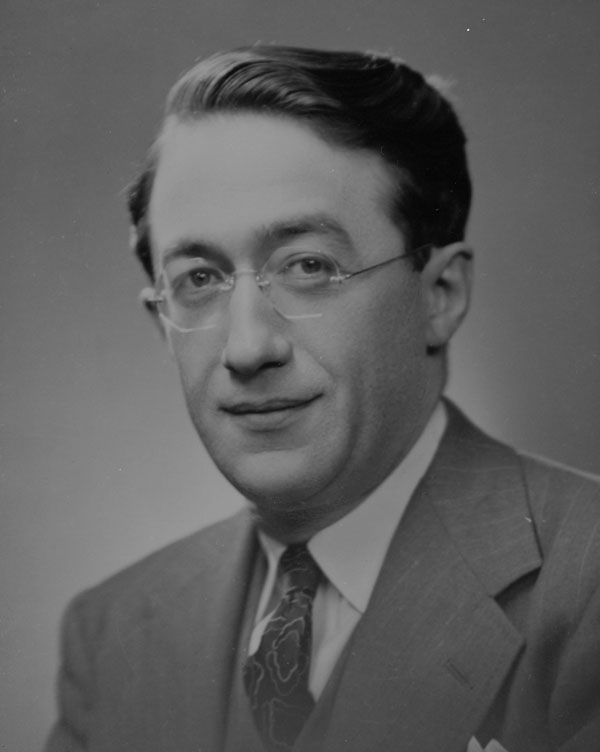This article was originally published in Maclean's Magazine on May 13, 2002
Ricci's Testament
A substantial number of Americans who believe they worship God actually worship major literary characters, [including] the Jesus of the Gospel of Mark.
Harold Bloom, Shakespeare
Nino RICCI knows there's more than a grain of truth to that mischievous comment, even if the celebrated American critic was merely trying to justify his own worship of Shakespeare. In Testament (Doubleday), a fictionalized biography of Jesus, Ricci has tackled a story embedded deep in the cultural DNA of the Western world - and in the author himself. "I used to look at the pictures in my children's Bible long before I could read," recalls the novelist, 42, who was raised a Roman Catholic. For Ricci, who lost his faith in his late teens, wrestling with a story already known like no other was a huge challenge. "You can't just retell it - that's been done. I wanted to find a point where the story was not familiar, where readers wouldn't find the spectre of the Biblical narrative haunting every event."
The author is wonderfully successful in achieving that goal while avoiding the road taken by so many earlier novelists who turned Christ into a Marxist agitator or some other modern marooned in the 1st century. Ricci's Jesus is not divine, but he is a moral visionary whose illegitimacy - he's the bastard child of Mary and the Roman officer who raped her - leads him to embrace the cause of the outcast. The names of the characters, stripped of the Greek gloss by which most know them, may seem strange (Jesus is Yeshua, Judas Iscariot is Yihuda of Qiryat). But Ricci's overall story is much the same as the Gospel version. Christ remains a teacher rooted in Jewish tradition, but with a new and difficult message about loving even your lowliest neighbour that exhilarates or disturbs - sometimes both - everyone who hears him.
Even Testament's structure mirrors the Gospels almost exactly. Three accounts of Jesus - by Mary, his mother, Judas and Mary Magdalene - match the Synoptic Gospels of Matthew, Mark and Luke. Like the Synoptics ("same eye"), Ricci's testaments mix information unique to each - only his mother knows the truth of Christ's birth - with different versions of the same events. When Judas, as much a political revolutionary as an apostle, sees a Roman encampment in an unexpected place, he chats up a sentry to find out why; when Mary Magdalene witnesses this, she concludes Judas is a spy reporting to his paymasters. (Ricci's slow building of the case against the prickly but innocent Judas, as the man the other disciples will blame for the Crucifixion, is one of the novel's high points.) In a fourth testament from a character of Ricci's own creation, a Syrian peasant named Simon recreates the Greek-tinged perspective brought by the fourth evangelist, John.
What powers the novel is Ricci's mastery of the quietly insistent cadences of Biblical narrative. "Why do you try to silence me, he said, when I merely tell the truth," runs Mary's record of a talk with her 15-year-old son. "But because of his arrogance I said, what can you know of the truth when you're just a child." Wrapped in phrases that convey a sense of inevitability - "then it happened that," "in the end" - his prose creates an unstoppable momentum.
Eventually the scattered shards of the four testaments re-form into a coherent mosaic. Ricci's Christ refuses to accept the social shame he bears for his birth. Instead, like the Jesus of the Gospels, he embraces the cause of everyone - lepers, foreigners, the destitute - marginalized through no fault of their own. There is no mark of Cain, Christ tells disciples wrestling with the idea, no slate that cannot be wiped clean for the truly repentant.
If any one of his evangelists speaks for Ricci, it's Simon, in part because "culturally, most of us are coming from his viewpoint," as the author says in reference to Christianity's eventual rise among the gentiles of the Roman Empire. But also because Simon often ponders the very nature of storytelling - both Christ's parables and any attempt to capture his life. "However things get remembered, you can be certain they won't be as they actually were," he muses, "since one man will change a bit of this, and one a bit of that. And by and by the truth will get clouded, and something will be lost." Perhaps, but something may be gained too - a story as powerful as Testament.
Maclean's May 13, 2002

 Share on Facebook
Share on Facebook Share on X
Share on X Share by Email
Share by Email Share on Google Classroom
Share on Google Classroom

